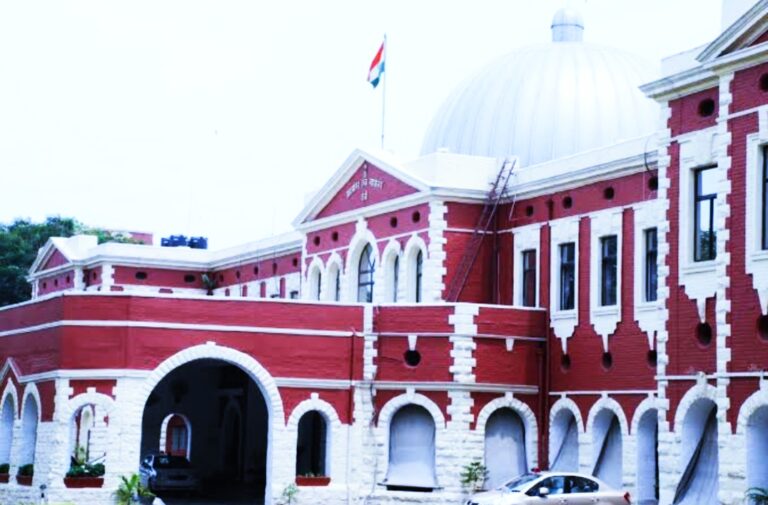The court referred to Clause (5) of Section 16 , inserted by the Finance (No. 2) Act, 2024, which allows ITC claims for late-filed GST returns effective from July 1, 2017.
ITC allowed on Late GSTR-3B Filing: In a pivotal judgment in the case of Ram Constructions v. Union of India (WPT No. 2148/2024), the Jharkhand High Court ruled that Goods and Services Tax (GST) Input Tax Credit (ITC) is permissible even for late filing of GSTR-3B for the financial year 2017-18. The court also directed the refund of penalty and interest imposed on the petitioner, M/s Ram Constructions.
Background of the Case
M/s Ram Constructions, a proprietorship based in Barkiray, Maheshpur, Pakur, Jharkhand, filed a writ petition challenging the constitutionality of Section 16(4) of the Central Goods and Services Tax Act, 2017. The petitioner argued that this provision, which restricts the time frame for claiming ITC, violates Articles 14, 19(1)(g), and 300A of the Constitution of India.
Additionally, the petitioner sought to declare the amendment made under Rule 61(5) of the Central Goods and Services Rules, 2017, through Clause 4(a) of Notification No. 49/2019 (effective from October 9, 2019), as ultra vires. The amendment designated GSTR-3B as a return under Section 39 of the GST Act, effective retrospectively from July 1, 2017. According to the petitioner, this retroactive application infringes on the applicant’s constitutional rights and disrupts their ability to claim ITC.
Key Pleas by the Petitioner
- Challenge to Section 16(4): The petitioner contended that restricting ITC claims within a fixed timeframe breaches constitutional protections, including the right to equality and the freedom to conduct business.
- Objection to Rule 61(5): The petitioner claimed that declaring GSTR-3B as a return under Section 39 with retrospective effect violates fundamental rights and principles of fairness.
- Prohibition on Further Action: The petitioner sought a directive to prevent the respondents from enforcing the provisions of Section 16(4) and related regulations or notifications.
- Quashing of Orders: The petitioner requested the quashing of the order dated January 31, 2023, and DRC-07 issued on October 10, 2023.
Court’s Observations and Verdict
After hearing arguments from both sides, the Jharkhand High Court Bench, led by the Chief Justice, made the following determinations:
- The court referred to Clause (5) of Section 16, inserted by the Finance (No. 2) Act, 2024, which allows ITC claims for late-filed returns effective from July 1, 2017.
- It directed the respondents to permit the petitioner to avail ITC for late-filed returns for FY 2017-18.
- The court ordered the refund of penalties and interest imposed on the petitioner, with a 6% annual interest from the date of collection until repayment.
Also Read: Punjab and Haryana High Court Rules against Dismissing GST Appeal for Non-Payment of Fees
Significance of the Judgment
This landmark ruling offers relief to taxpayers struggling with delayed compliance, reaffirming their right to claim ITC despite procedural delays. It also underscores judicial scrutiny of retrospective amendments and their impact on constitutional rights.
Implications for Businesses
The verdict sets a precedent for businesses facing similar challenges under the GST framework. It highlights the importance of addressing constitutional conflicts in tax regulations and ensures fair treatment for taxpayers.
Conclusion
The Jharkhand High Court’s decision in the Ram Constructions case is a significant step toward ensuring justice for taxpayers under the GST regime. By permitting ITC claims on late filings and mandating refunds of penalties and interest, the judgment provides much-needed clarity and relief to businesses. This ruling is expected to influence future legal interpretations and enforcement of GST provisions.
Also Read: CAG Report Highlights ₹755.49 Crore Revenue Loss in GST Compliance by Commercial Tax Department
READ MORE
Taxpayers Face Show-Cause Notices Over Political Donation Deductions
Allahabad High Court: No Substantial Question of Law Arises Without Evidence of Perversity
